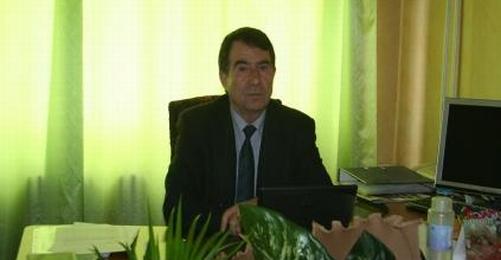Law Proposal against "Unjustified Arrest"

Peace and Democracy Party (BDP) MP for Ağrı Halil Aksoy stated that long detention periods have turned into punishment and proposed to apply judicial control instead.
Furthermore, Aksoy demanded to remove the catalogue crime regulation that "does not seek a separate justification for detention".
Aksoy submitted a law proposal and put forward that the application of Article 100/paragraph 3 of the Criminal Procedure Law (CMK) on "catalogue crimes" was problematic.
For a person tried under allegations as defined in this article "the ground for arrest with a warrant may be deemed as existing". The politician explained that "additional conditions of risk were not required for an arrest". Aksoy concluded that a person incriminated with these offences could remain in detention until the end of the trial period.
"Detention became the rule"
He reasoned his proposal as follows:
"The broad and sloppy interpretation of reasons for arrest as specified in the law, easily released arrest warrants and prolonged detention periods result in giving a 'punishment in advance'. This situation also harms the public's confidence in the judiciary".
"Detentions should be an exception but they became the norm with judges easily giving decisions for arrests and continued detention. A prosecution without arrest became an exception. With the application of judicial control there is no possibility to explain the insistence on arrest within the [boundaries of the] law".
Aksoy emphasized that the inclusion of "catalogue crimes" in the correspondent article constituted a valid justification for arrest in itself. He requested to amend the regulation by annulling Article 100/3 of the CMK.
It was also suggested in the proposal to extend the means of judicial control from one to five years. (AS/VK)
Catalogue crimes as listed in Article 100/3 TMK include genocide and crimes against humanity; killing with intent; (aggravated) intended wounding; torture ; sexual assault, sexual abuse of children; (aggravated) theft; producing and trading with narcotic or stimulating substances; forming an organization in order to commit crimes; crimes against the security of the state; crimes against the Constitutional order and crimes against the functioning of this system, smuggling with guns; embezzlement; crimes defined in the Combating Smuggling Act; crimes defined in the Act on Protection of Cultural and Natural Substances; crime of intentionally start a fire in forests.
bianet submits shadow report to UN Human Rights Committee

Imprisoned lawyer exposes use of disciplinary investigations to pressure political prisoners

Tap water ‘smells of bleach’ in Muğla prison

Censorship on a letter from prison describing hunger

Prisoner on hunger strike: 'I am alone without sunlight'








